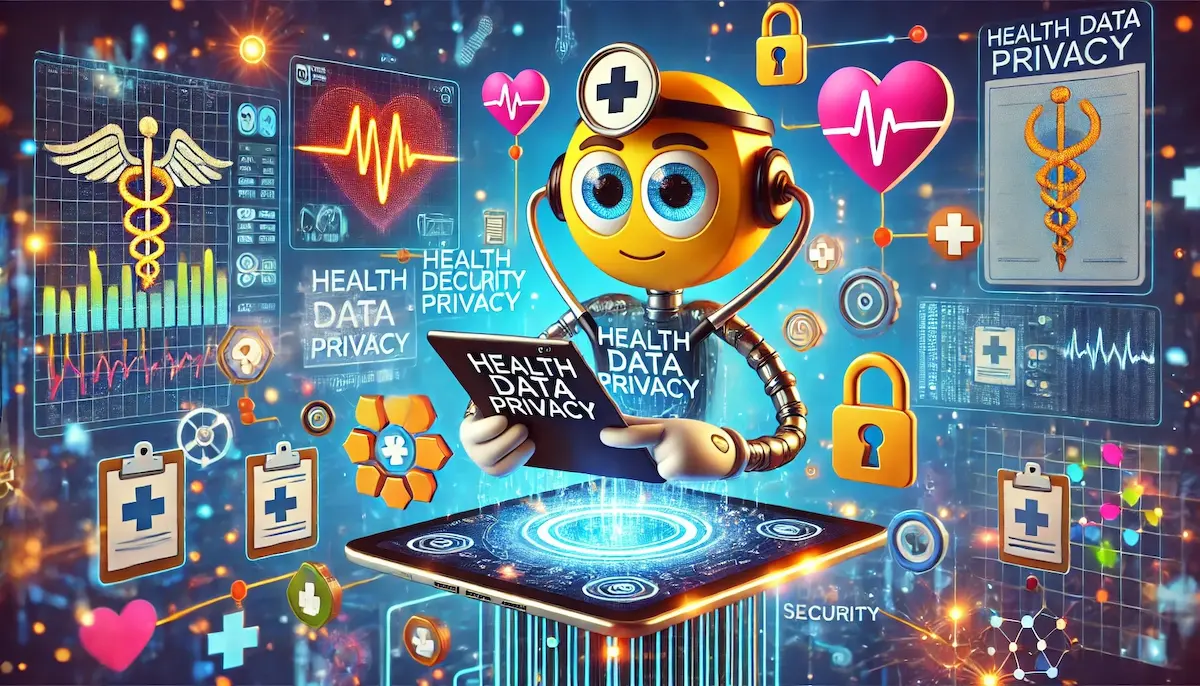In the digital age, the collection and use of health data have become integral to advancing medical research, improving patient care, and enhancing public health. However, the increasing digitization of health information also raises significant concerns about privacy and security. Health data privacy ensures that individuals’ medical information is protected from unauthorized access and misuse. This article delves into what health data privacy is, why it is important, and the measures taken to safeguard it.
What Is Health Data Privacy?
Health data privacy refers to the protection of personal health information (PHI) from unauthorized access, use, or disclosure. This encompasses any data related to an individual’s physical or mental health, healthcare provision, or payment for healthcare services. Health data privacy aims to ensure that sensitive health information remains confidential and is only used for legitimate purposes.
Why Is Health Data Privacy Important?
Protecting Patient Confidentiality
Confidentiality is a cornerstone of the patient-provider relationship. Patients need to trust that their personal health information will remain private to seek care openly and honestly. Breaches of confidentiality can lead to a loss of trust, deterring individuals from seeking necessary medical treatment.
Preventing Discrimination
Unauthorized access to health data can lead to discrimination in various areas, including employment, insurance, and housing. Protecting health data helps prevent such discriminatory practices based on an individual’s health status or history.
Ensuring Data Security
Health data is a valuable target for cybercriminals due to its sensitive nature. Ensuring the privacy and security of health data protects against identity theft, financial fraud, and other malicious activities.
Compliance with Regulations
Various laws and regulations mandate the protection of health data privacy. Compliance with these regulations is essential for healthcare providers and organizations to avoid legal penalties and maintain their reputation.
Key Regulations Governing Health Data Privacy
Health Insurance Portability and Accountability Act (HIPAA)
In the United States, HIPAA is the primary regulation governing health data privacy. It sets national standards for protecting PHI, ensuring that individuals’ health information is appropriately safeguarded.
General Data Protection Regulation (GDPR)
In the European Union, the GDPR provides comprehensive data protection guidelines, including strict requirements for the processing and storage of personal data, including health information.
Health Information Technology for Economic and Clinical Health (HITECH) Act
The HITECH Act, an extension of HIPAA, promotes the adoption of health information technology and enhances the privacy and security protections for electronic health records (EHRs).
Measures to Safeguard Health Data Privacy
Data Encryption
Encryption converts health data into a coded format that can only be accessed with a decryption key. This protects data from unauthorized access during storage and transmission.
Access Controls
Implementing strict access controls ensures that only authorized personnel can access health information. This includes using strong authentication methods such as passwords, biometrics, and multi-factor authentication.
Regular Audits and Monitoring
Conducting regular audits and monitoring access logs help identify and address potential security breaches promptly. This proactive approach ensures continuous protection of health data.
Patient Consent
Obtaining explicit consent from patients before collecting, using, or sharing their health data is crucial. Patients should be informed about how their data will be used and have the right to revoke consent at any time.
Staff Training
Training healthcare staff on data privacy and security practices is essential. Educated personnel are better equipped to handle health data responsibly and recognize potential security threats.
Conclusion
Health data privacy is a critical aspect of modern healthcare, ensuring that individuals’ sensitive information is protected from unauthorized access and misuse. By implementing robust security measures and complying with regulations, healthcare providers and organizations can safeguard health data, maintaining patient trust and improving overall care quality.
Blockfine thanks you for reading and hopes you found this article helpful.
